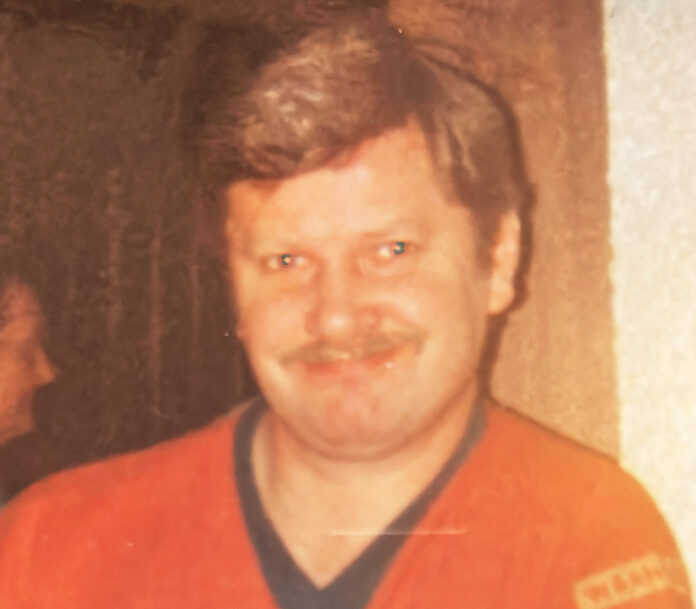
THE FAMILY of a Limerick man who was found dead at his home in the city earlier this year have said they will bury him this month without knowing what killed him.
This comes amid reports that ten new staff will be needed at the State Laboratory to tackle a backlog on testing that is causing delays in determining causes of death and consequent stress for grieving families.
At present, it is taking up to 160 days for the laboratory to turn around toxicology results after a post-mortem.
The issue was highlighted in the Irish Examiner after the family of Limerick man Christy Collopy revealed how they have been waiting to find out what the cause of his death was and the stress and pain that is causing them.
John Collopy’s 70-year-old brother Christy was found dead in his home on Lower Carey’s Road in Limerick in January. The family are still waiting to discover what killed him and have yet to bury him.
In an interview with the Examiner, Mr Collopy said the State was treating bereaved people “callously and coldheartedly”, with the delays showing deceased people are a “forgotten constituency” by politicians.
“The emotional toll and how the grieving process has been exacerbated has been missed in this,” he said.
“We don’t know what Christy died from, and we don’t know when we will know.
“We have reluctantly decided that we will bury him with our mother at the end of June.”
He has contacted the Departments of Justice, the Taoiseach, and the State Laboratory to highlight his concerns and to establish what the cause of the delay has been.
The toxicology section of the State Laboratory currently employs 25 people working on samples which are needed by coroners to facilitate inquests into sudden or unexplained deaths.
The rate at which samples are being sent to the laboratory has increased by 10 per cent per year according to a spokesman.
The issue of delays has also been raised by the country’s coroners and will be the subject of a Dáil question prompted by the experience of the Collopy family.









